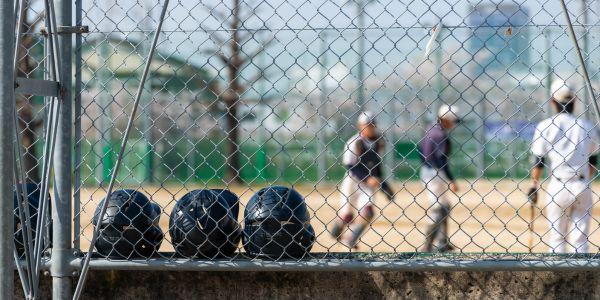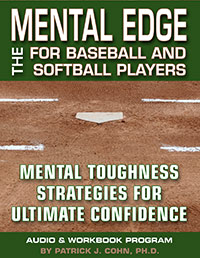Playing Relaxed During Games
“Work smarter, not harder” is a common phrase used by coaches and trainers in the baseball world.
There is an optimal pace for games.
Working harder tends to create anxiety, tense muscles and rapid breathing, which cause athletes to “rush” and make mistakes during games.
Martin Perez, 22 year-old rookie pitcher for the Texas Rangers understands the negative effects of trying too hard while on the mound.
Perez was called up from minor league affiliate Round Rock Express in late June and immediately posted a 4-0 record with an ERA of 1.44. In his next three games, he recorded three losses with a 9.00 ERA and allowed hitters a .323 average while only lasting on average five innings per game.
“I thought too much and let my emotions get away from me,” Perez said. “I let the game get too fast for me. When I relax and just pitch my game, good things happen. I just tried to throw too hard.”
Brad Holman, pitching coach for Triple-A Round Rock Express, worked extensively with Perez helping him post a 5-1 record with a 1.75 ERA prior to being called up by the Rangers mid-year.
“Holman really helped me a lot,” Perez said. “He talked to me about slowing down when things get rough. Don’t be too quick, step back and take a deep breath.”
“A lot of the times, not just Martin, pitchers are guilty of trying harder,” Holman said. “It’s human nature to try harder and compete more. With pitching, sometimes that’s not always advantageous. Sometimes it’s just important to breathe, relax and almost take a ‘try-less’ approach.”
“By trying less, sometimes you actually incorporate some other key checkpoints in creating velocity that get lost [otherwise],” Holman said. “You try to just muscle the ball, a lot of the times you lose timing, you lose direction, you lose flexibility. It’s kind of a strange truth and really hard to sell to the pitchers sometimes because of their competitive juices, but to try less, sometimes in some regards helps them throw harder.”
Ron Washington, Rangers manager. stated that Perez loses movement on his fastball when he tries too hard,
“The pitch flattens out and becomes much easier to hit.”
The ability to slow down the game is a vital skill necessary for elite performance.
Athletes and coaches constantly speak of the importance and value of clearing your mind and not over thinking in critical game situations.
Perez employs breathing to regain a sense of control and maintain focus and reduce muscle tension.
Deep breathing is the most common relaxation technique utilized by elite athletes during competition.
But it may not be the only strategy to perform his best…
You can implement deep breathing in practice between pitches, on the field and at the plate to help you let go of the last pitch and prepare for the next pitch.
You also want to reduce the number of thoughts you have when pitching or at-bat.
Over thinking your game at the wrong time will speed up the game, not slow it down.
Check Out Our Baseball Mental Game Programs
Related Sports Psychology Articles
- How Ballplayers Develop Trust
- How to Stop Pressing at the Plate
- How to Get in a Flow in Baseball and Softball
*Subscribe to The Sports Psychology Podcast on iTunes
*Subscribe to The Sports Psychology Podcast on Spotify
Get The Mental Edge for Baseball and Softball
If you have trouble taking your practice game to competition and under perform in games, your mental game might be the culprit! Baseball and softball players contact me everyday wanting to know why they become scared, anxious, afraid to make mistakes, and lack trust in their skills during games…
You might have a ton of physical talent and perform great in practice, but if you can’t get the job done when it counts, something is missing and the problem is an inferior mental game–not talent or motivation.
We’ve spent the last six months developing a program to teach you how to improve your mental game in 8 easy-to-apply lessons–the same TOP lessons that I teach to baseball and softball players everyday in my one-on-one mental coaching program!


